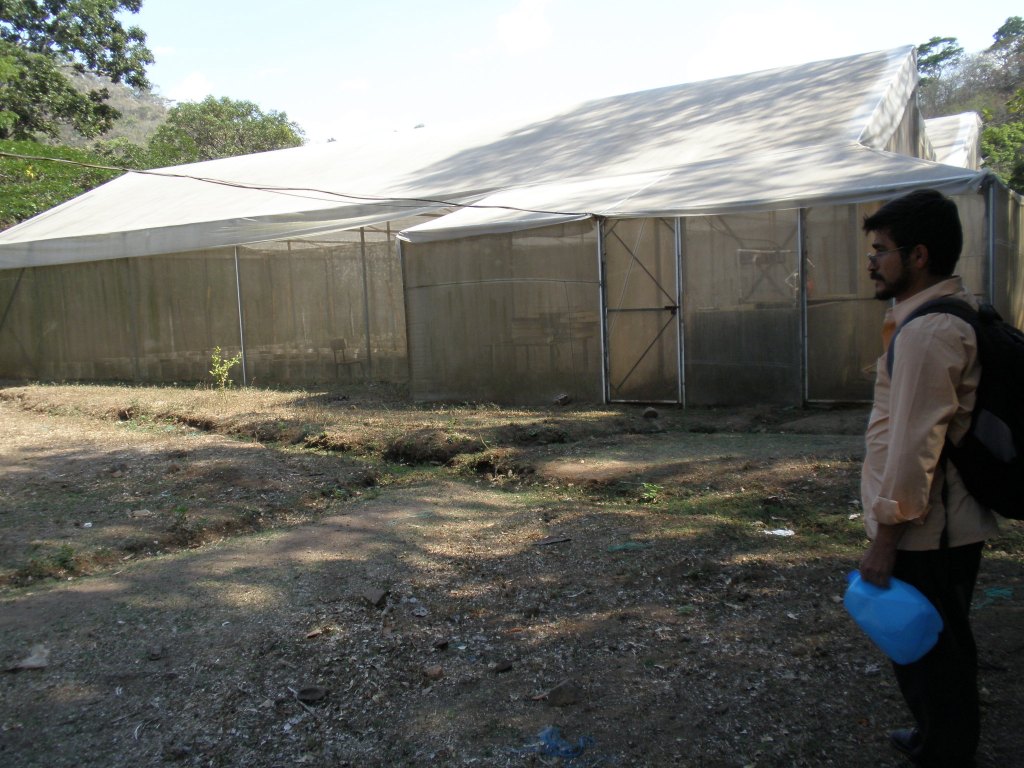
My friend Antonio Pacheco, renowned leader of a community development group in northern El Salvador, was arrested with five other men on Jan. 11 and charged in connection with a war-time death that happened more than 30 years ago. They are also charged with “illicit association,” the accusation that has led to detention of more than 60,000 alleged gang members by the government of President Nayib Bukele.
The charges, say friends and allies, have nothing to do with achieving justice for any of the 75,000 people who died during the civil war, and everything to do with the government’s drive to re-open metals mining in El Salvador in the wake of its Bitcoin cryptocurrency failure.

Pacheco and members of the Santa Marta Development Association of El Salvador (ADES) were leaders in the successful effort to stop a gold mining project in Cabañas department, and part of El Salvador’s National Roundtable on Metals Mining that achieved a ban on metals mining in 2017.
During the civil war in the 1980s, Santa Marta was targeted by the Salvadoran military and most residents fled to Honduras. Successive Salvadoran governments have not investigated the dozens of cases of human rights violations documented by the people of Santa Marta against the armed forces (including the Lempa River massacre in 1980, where 30 people were murdered and 189 others disappeared).
The arrests last week drew global attention, including articles in The Guardian, the German news service DW and TeleSUR, and solidarity statements from the U.S. Institute for Policy Studies, the Honduran group COPINH, the U.S. Sister Cities network, and others. “Antonio Pacheco has struggled almost his entire life to build a country that seeks social, economic and cultural well-being and who is a friend to the causes of the Honduran people,” said COPIHN (the organization led by Bertha Cáceres until her murder in 2016).
I came to know Antonio, ADES and many other people the rural communities of northern Cabañas during the 20 years of my work with The United Church of Canada. I wrote about him several times, including a profile published in the United Church’s Mandate magazine in February 2011:
“A Life-Long Passion” (excerpt)
A child grows up in El Salvador in the 1960s. He asks: “Mamá, why are there poor people?”
Decades later, the question still animates Antonio Pacheco, executive director of ADES….
“I hardly ever talk about this,” Antonio said, smiling over his coffee in the food court below the United Church general council office in Toronto. “I had this intense curiosity. I asked lots of questions. I read, and read some more. I read the Bible, or tried to.”
In the sixties and seventies, Christians in Latin America began creating “base communities” to provide space for questions like those of Antonio and to share the Word of God among neighbours.
“One word caught my attention: solidarity. I began to understand why Jesus was taken to the cross,” Antonio said.
“By the time I was 11, I understood that I wanted to work for the people. I wanted to be a doctor so that I could help.”
But as Antonio entered high school in the mid-seventies, El Salvador was in political upheaval. The base communities and church leaders became targets of repression. Antonio emerged as a leader of the student movement in his high school in San Salvador, and joined the revolutionary movement in 1977. Political and education work took him to Santa Marta for the first time in 1979, and by 1982 as the civil war raged, Antonio worked with the community directly in its education efforts. But aerial bombing grew so intense that the entire community fled into exile in Honduras in the mid-1980s.
It was after the return to Santa Marta in October 1987 that Antonio’s community development work really began to bear fruit. Even though a final peace accord was not achieved until 1992, the people of Santa Marta sought and found international help to rebuild. The United Church of Canada and the Anglican Primate’s World Relief and Development Fund were among the first partners. In 1993, ADES was born to secure and manage development funds. Antonio has served as executive director since 1998.
Today, formal education is one of Santa Marta’s great successes…. ADES continues to lead in agricultural development and training in northern Cabañas, but a number of programs have spun off in varying degrees of autonomy: a micro-credit program for market workers, a community radio station in nearby La Victoria, and an AIDS education program for rural youth that works on both sides of the border.
Now in the 2020s, ADES is working with support from the United Church and the Manitoba Council for International Co-operation to expand ecological agricultural practices in Cabañas.
“David defeats Goliath”
With the mining victories in 2016 and 2017, Mandate published a short interview that I did with Antonio. At the end, I asked what he would say to Canadians about their responsibility to regulate their mining companies
“The Canadian people should be aware that Canadian companies operating outside the country have practices that fail to respect the human rights of the people in communities, and that they fail to repair damage to the environment. For those reasons, it is necessary and urgent that their actions abroad be regulated in Canada.”


Hola Jaime! Is there any way to join a useful campaign for Antonio’s release?
LikeLike
Hola! There is a call for organizations to sign a call for the release of those arrested: https://docs.google.com/forms/d/e/1FAIpQLSdDqxagj63tueE0M7YXGYxLAQ6az-Oxmho_ih-2-Op0JVspgQ/viewform.
I am hoping there will soon be a broader urgent action call that individuals can sign. Will update…
LikeLike
Hecho! Gracias!
LikeLike
Please keep me informed. I will definitely sign a personal petition/request/demand for his release.
LikeLike